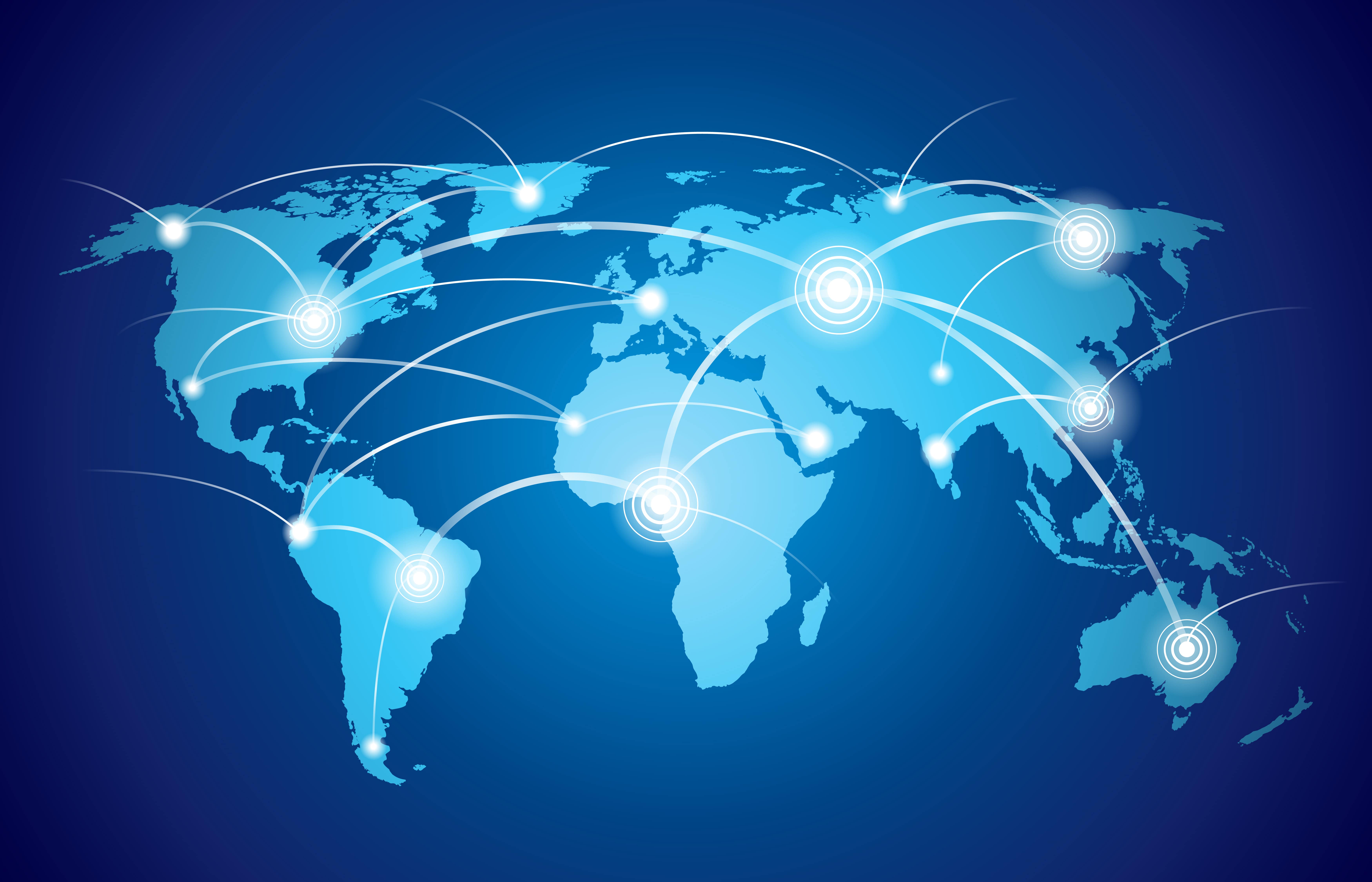Global Trade
Global trade, the international exchange of goods and services, is the engine driving much of the world's economic growth. It connects nations, allowing countries to specialize in producing what they do best and access goods and services they can't efficiently produce themselves. This specialization boosts overall efficiency and lowers prices for consumers worldwide. Key aspects include exports (goods and services sold abroad) and imports (goods and services bought from abroad), facilitated by international agreements, organizations like the World Trade Organization (WTO), and complex supply chains spanning multiple countries. However, global trade isn't without its challenges. Trade imbalances, tariffs and other trade barriers, and concerns about fair labor practices and environmental sustainability are frequent topics of debate. Understanding global trade involves examining its impact on national economies, individual businesses, and the global environment. This space aims to answer your questions about all facets of global trade, from its historical evolution and current trends to its future prospects and potential pitfalls. Whether you're curious about specific trade agreements, the effects of globalization, or the ethical considerations involved, ask away!
How Have U.S. Tariffs on China Affected Global Supply Chains?
Many multinational companies rely on China for manufacturing and exports. Have U.S. tariffs on Chinese goods led to supply chain disruptions or increased production costs? Have businesses relocated manufacturing to other countries as a result?

Related Tags
View AllMost Active
View All






